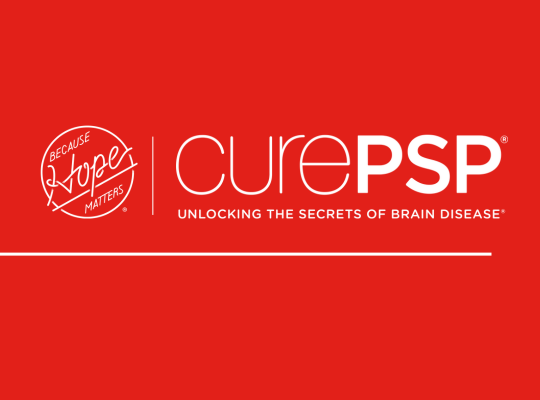When Gratitude Isn't Enough for Care Partners
Nov 12, 2025 Courtney Malburg
For National Family Caregivers Month, our Associate Director of Education challenges us to rethink how we support those who give so much
During my time in the Parkinsonian world, I’ve met hundreds of care partners. They’ve encompassed a variety of roles, including adult children, spouses, siblings, neighbors and even ex-partners! I’ve heard countless stories of people who unquestioningly rearranged their entire lives to take care of someone they love.
I’ve been so inspired and moved by the generosity of these people, the sacrifices they make and the simple fact that they wake up each day and give all they have.
But just because these care partners are strong and get it done doesn’t mean it isn’t difficult.
It’s easy for those of us on the outside, not doing the daily work of caregiving, to slip into toxic positivity as a means of support. Toxic positivity is when people use positive statements and sentiments as the main source of support for someone who is struggling. As with most things in life, there needs to be a balance — and toxic positivity neglects that and encourages pure optimism.
A common example of this is in the messaging behind gratitude: that care partners need to just take a moment and consider what they are grateful for, rather than what is difficult.
Care partners can’t subsist off gratitude alone. While gratitude is crucial to living a meaningful life (especially during tough times), care partners also need tangible help, an active support system and an identity outside of that role.
Self-care is another area where the advice we give often misses the mark.
True self care is knowing when to prioritize yourself, when to ask for help and when to take a break. This can absolutely include the traditional advice of finding ten minutes to meditate or creating a journaling practice, but it requires much more beyond that.
Some people practice self-care by sending out a monthly email with tangible requests for help, letting people choose how they want to step in. Others utilize in-home care services to get some time to themselves. There is an unlimited number of ways that care partners can learn to better care for themselves, because they deserve to be cared for just as much as their spouse, family member or friend with the disease.
Life is challenging enough on its own. A diagnosis of PSP, CBD or MSA doesn’t make it any easier. But, care partners: you do. You make life easier, and better. But that doesn’t have to come at the cost of losing yourself in it.
A care partner once told me that they realized they were doing their loved one a disservice by not taking care of themselves. They were waking up each day burnt out and tired. They were angry with the people around them, and themselves. It was only once they started taking their own health and mental well-being seriously that they were able to re-engage in their life with joy (and gratitude!).
Everyone benefits from a care partner having their own support. How can you support a care partner in your life, or if you are a care partner, how can you ask for support? What does it look like for you to take care of yourself?
If you’re looking for more perspectives on these questions, listen in on our Care Partner Panel from CurePSPs’s 2024 Virtual Care Conference.
And care partners, the next time you're feeling burnt out, remember that patience and grace are just as necessary for yourself as they are for your loved ones. They will make you a better care partner.
For more support, information on support groups and education, email us at info@curepsp.org. Thank you for all you do!
Join our email list
Get the latest news and resources
directly to your inbox.
Get the latest news and resources directly to your inbox.
Sign Up
.png)


.png)